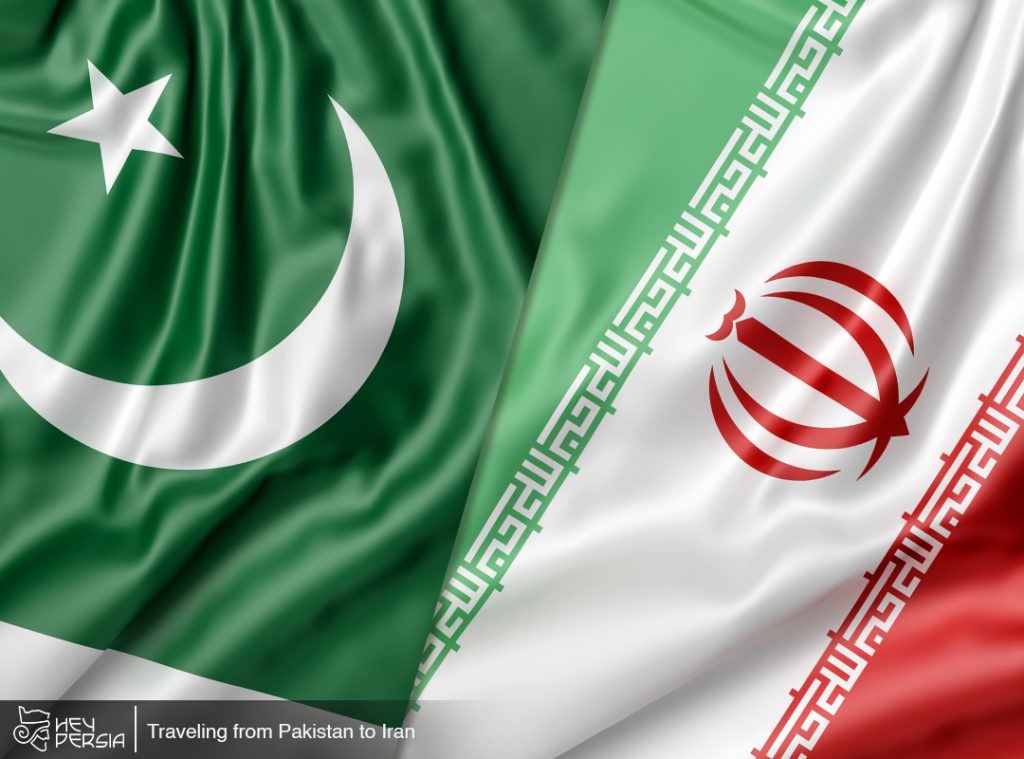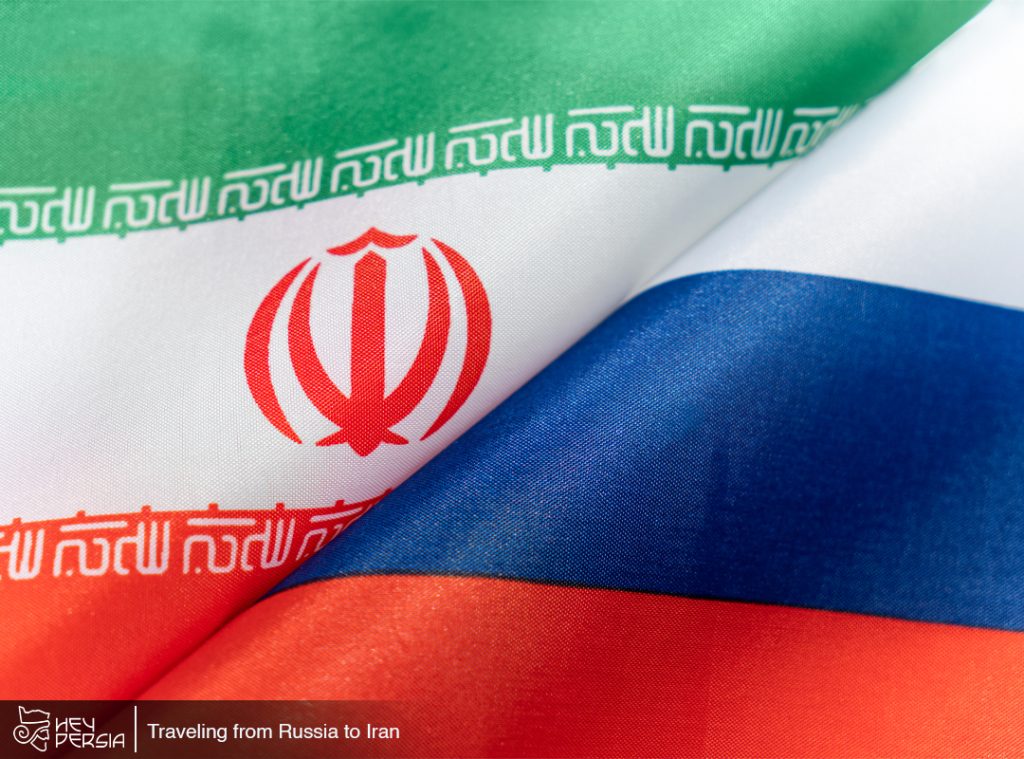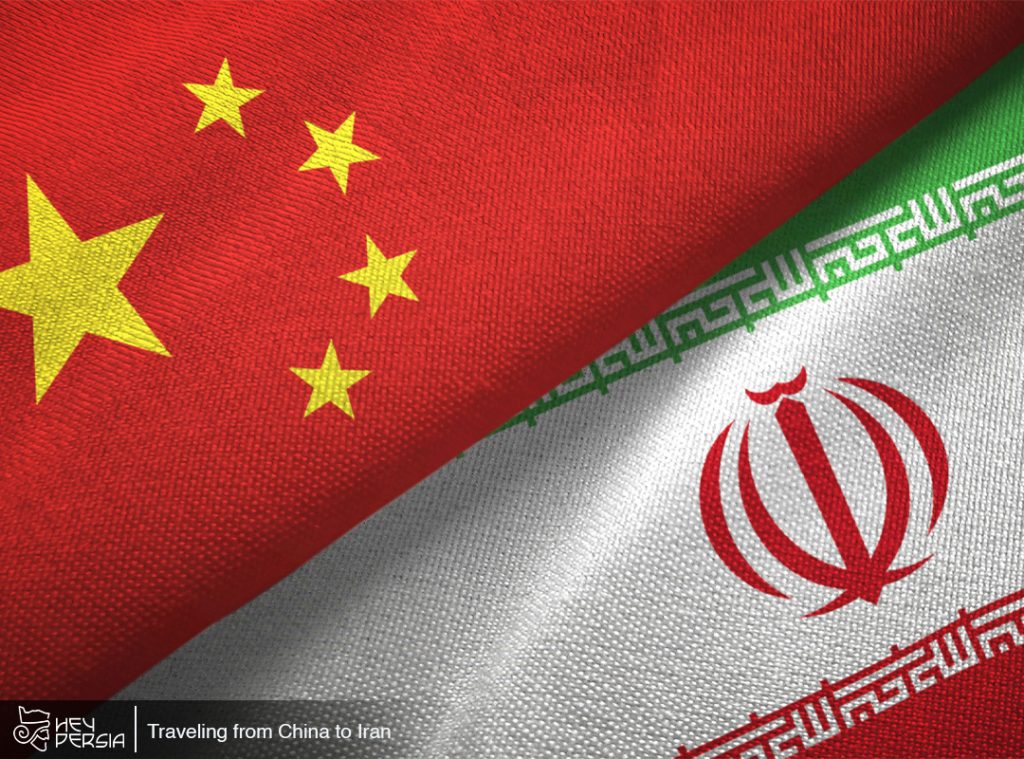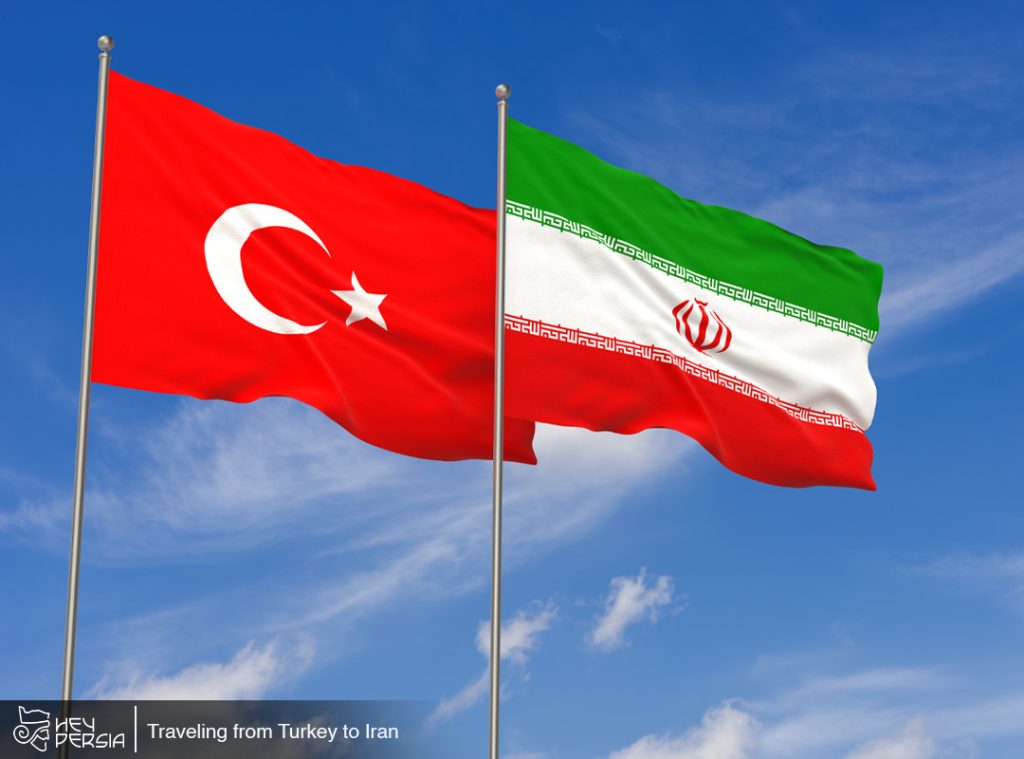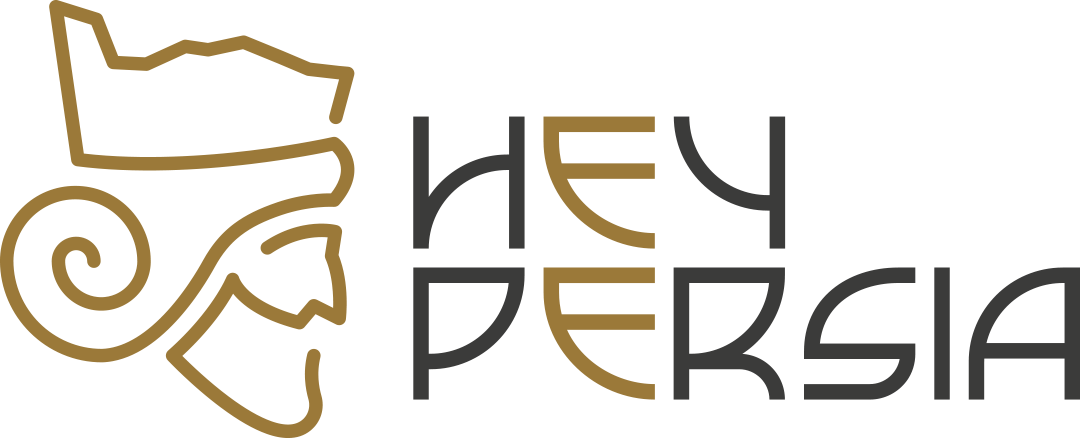Traveling from Pakistan to Iran offers a unique and enriching experience, filled with diverse cultures, historical sites, and stunning landscapes. This guide will provide you with valuable information and tips to make your journey from Pakistan to Iran smooth and memorable. Stay with Hey Persia.
Visa Application Process for Traveling to Iran from Pakistan
Before traveling to Iran, Pakistani citizens need to obtain a visa. Here’s an overview of the visa application process:
Visit the Iranian embassy or consulate in Pakistan or apply online through the E-Visa system, which allows you to fill out the application form and submit the required documents electronically.
You will need a passport with at least six months validity, a completed visa application form, a passport-sized photo, and proof of travel insurance. The Iranian government may also require a letter of invitation from a registered Iranian tour operator.
Pay the visa fee, which varies depending on the type and duration of the visa.
Wait for the processing of your visa application, which can take several weeks. It’s advisable to apply well in advance of your planned travel date.
Visa Types
Iran offers various types of visas, including tourist visas, business visas, and transit visas. Tourist visas are the most common for travelers from Pakistan and are usually valid for 30 days, with the option to extend once in Iran.
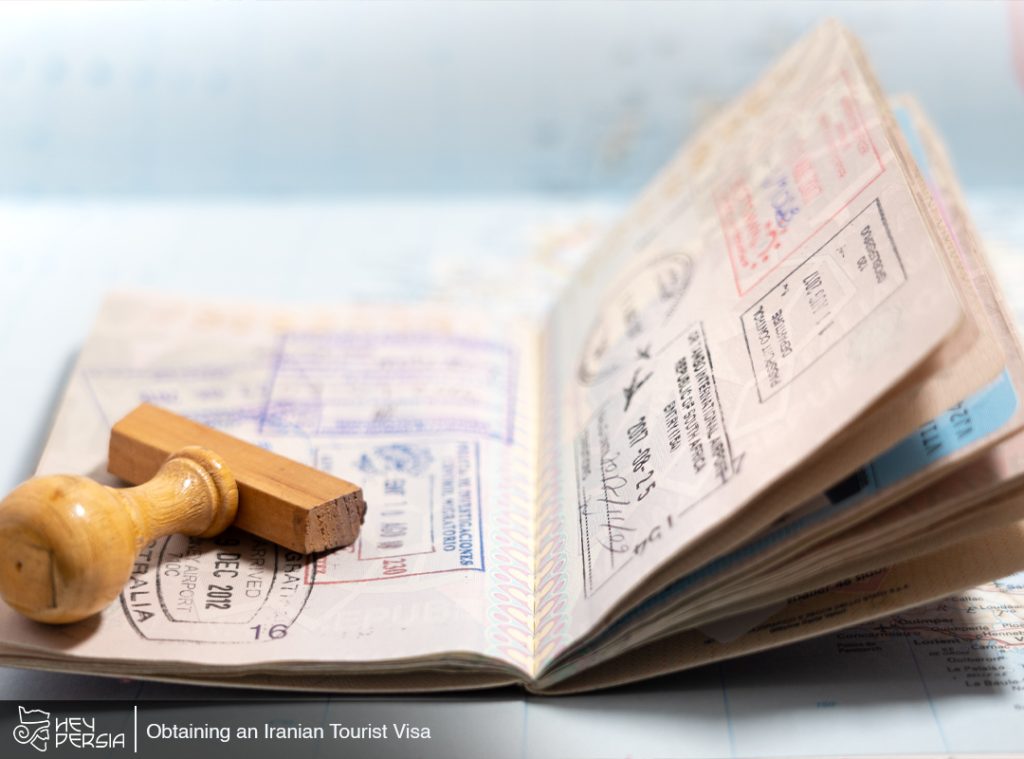
Currency Exchange and Banking
The currency in Iran is the Iranian Rial (IRR). It’s essential to exchange your Pakistani Rupees (PKR) for Iranian Rials upon arrival. Currency exchange services are available at airports, banks, and exchange offices throughout major cities.
Banking Facilities
Iran has a well-established banking system with ATMs widely available in cities. However, due to international sanctions, foreign credit and debit cards may not work in Iran. It’s recommended to carry sufficient cash in US dollars or euros, which can be exchanged at local banks or exchange offices.
Language and Communication for Traveling to Iran from Pakistan
The official language of Iran is Persian (Farsi). While English is not widely spoken, you can often find people who understand basic English in tourist areas. Learning a few common Persian phrases can be helpful for your trip.
To stay connected, consider purchasing a local SIM card upon arrival. Major cities have good mobile network coverage, and data plans are affordable. Apps like WhatsApp and Telegram are commonly used for communication.
Accommodation
Iran offers a wide range of accommodation options to suit various budgets. You can find luxury hotels, mid-range hotels, guesthouses, and hostels in major cities and tourist destinations. Booking in advance, especially during peak travel seasons, is advisable.
Respect for Local Customs
Iran is a predominantly Islamic country, and it’s essential to respect local customs and traditions. Dress modestly, covering your arms and legs, and wear a headscarf when entering mosques or religious sites.
Safety and Health for Traveling to Iran from Pakistan
Before your trip, check the latest travel advisories and safety guidelines issued by your government. Iran is generally safe for tourists, but it’s essential to stay informed about any potential risks or developments.
Ensure you have comprehensive travel insurance that covers medical emergencies. It’s also advisable to consult a healthcare professional for vaccinations and health advice before traveling to Iran.
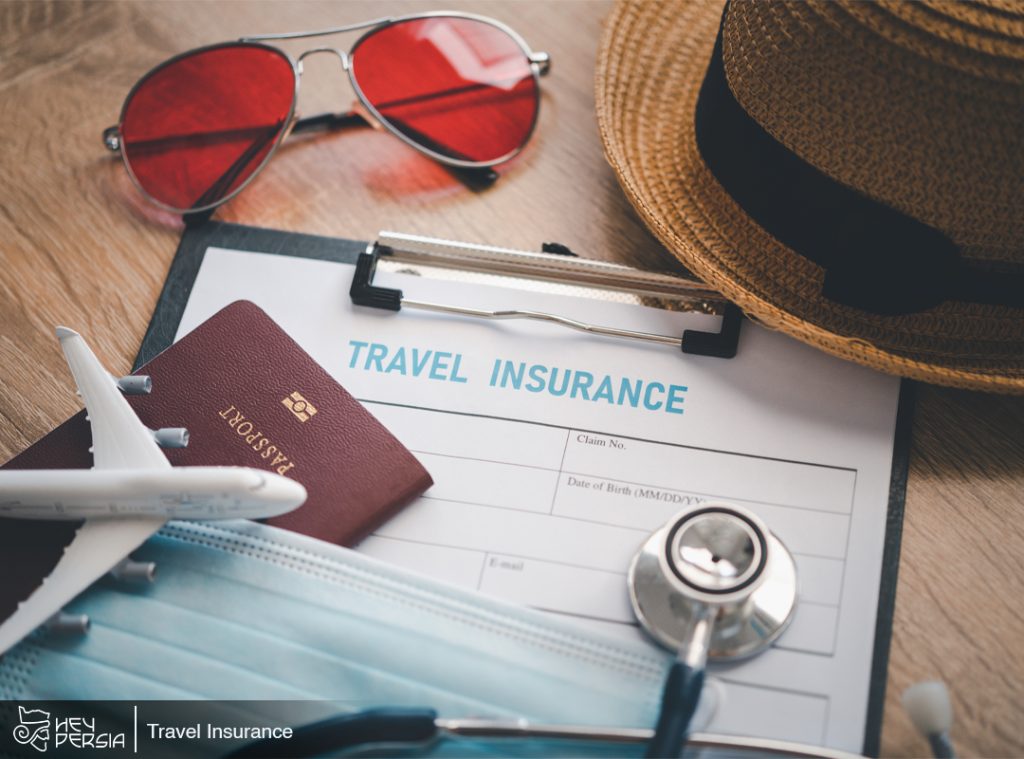
Now you know everything about your travel
Traveling from Pakistan to Iran offers a captivating journey through history, culture, and breathtaking landscapes. By following the visa requirements, respecting local customs, and planning your trip carefully, you can experience the warmth and hospitality of Iran while exploring its diverse attractions. Whether you’re interested in ancient history, culinary delights, or simply soaking in the beauty of the Persian landscape, Iran has something to offer every traveler.

